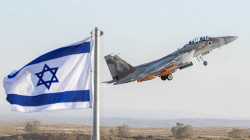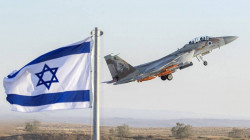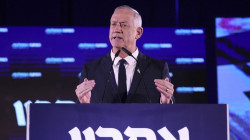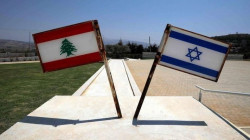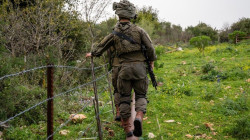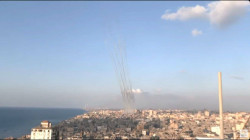Hezbollah weighs retaliation regardless of hostage deal negotiations in Qatar
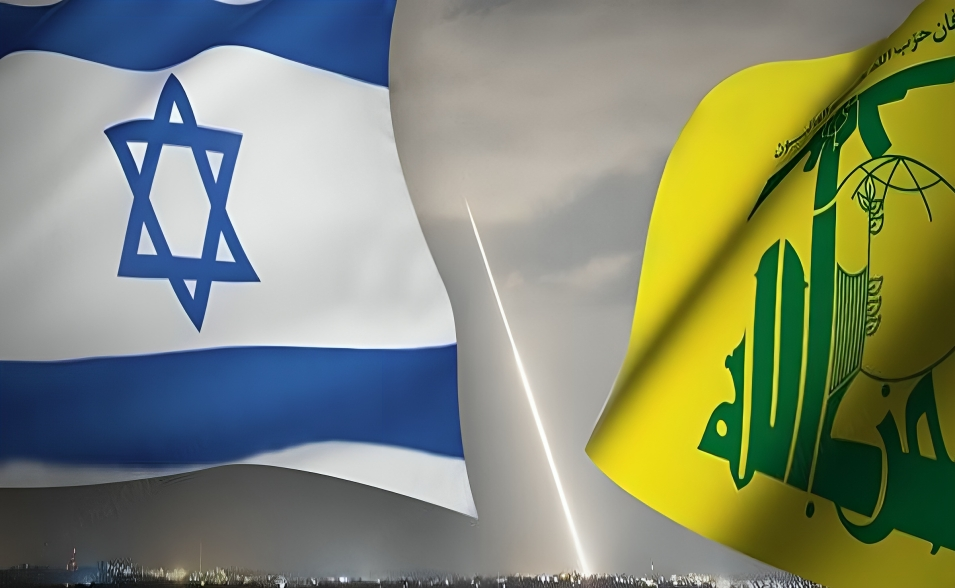
Shafaq News/ Hezbollah may delay a retaliatory strike against Israel while negotiations for a hostage deal are underway in Qatar, a source close to the Lebanese militant group told The Washington Post.
The negotiations, which began on Thursday, are seen as a potential breakthrough, and Hezbollah appears keen not to jeopardize the discussions.
While Hezbollah has vowed to avenge the assassination of its senior military leader by Iarael in Beirut, Fouad Shokr, the source, emphasized that the group considers retaliation "not urgent or time-bound" given the ongoing diplomatic efforts.
"Hezbollah does not want to be responsible for disrupting a possible deal," the source added, indicating the group's strategic patience in the face of mounting pressures.
The situation follows a series of escalations between Israel and Hezbollah, with tensions further fueled by the involvement of Iran. Iranian officials, along with Hezbollah, have vowed to avenge the deaths of Shokr and Ismail Haniyeh, the head of Hamas Politurbo.
Iran's Supreme Leader, Ayatollah Ali Khamenei, threatened Israel with "severe punishment," while Hezbollah's leadership echoed similar sentiments. However, Israeli Prime Minister Benjamin Netanyahu announced that Israel is maintaining a "very high level" of preparedness for both defensive and offensive actions.
The United States has responded to the rising tensions by increasing its regional military presence. Washington has committed additional warships equipped with ballistic missile defense systems and an additional squadron of combat aircraft to bolster Israeli defenses. Among the reinforcements are the USS Abraham Lincoln, an aircraft carrier, and the USS Georgia, a submarine, both of which are being dispatched to the region.
In a speech on Thursday, Hezbollah's Deputy Secretary-General, Sheikh Naim Qassem, clarified that the group's response to Shokr's assassination "is distinct from the ongoing aggression in Gaza and any related ceasefire." He stressed that "continued Israeli aggression necessitates ongoing confrontations on various support fronts." This stance was reinforced by Hezbollah's Secretary-General, Sayyed Hassan Nasrallah, who, in an August 7 speech, promised a "harsher response" than in previous assassinations, emphasizing that while Hezbollah will act with "courage," it will avoid impulsiveness to prevent giving Israel a pretext for broadening the conflict.
Even before Shokr's assassination, Israeli forces had been escalating military actions across Lebanon, not just in border regions.
Since October 7, these actions have resulted in the deaths of about 420 Hezbollah members, mainly by targeting their vehicles with drones, including senior military officers, in Lebanon. The Israeli strikes have also displaced over 80,000 civilians on the southern borders of Lebanon and devastated infrastructure along the southern border.
Israel's objective appears to be the forced withdrawal of Hezbollah forces north of the Litani River, in line with UN Security Council Resolution 1701, which ended the 2006 Lebanon War, while keeping its troops in the border region.
On the other hand, rather than seeking to avoid a wider conflict, analysts said that the Israeli government appears to be pushing toward escalation and an expanded war. Thus far, it has been Hezbollah's restraint, despite intense pressure, that has prevented Israel's actions from achieving their intended results.
Despite ostensibly seeking de-escalation, the US has, in practice, allowed Israel to act with considerable impunity. Washington has supplied Israel with the military resources necessary to continue its military operations across the region.
On August 13, Washington agreed to a $20 billion arms deal with Israel, the bulk of which will fund a contract for fifty F-15A fighter jets set to be delivered in 2029. This agreement signals America's long-term commitment to bolstering Israel's military capabilities.
